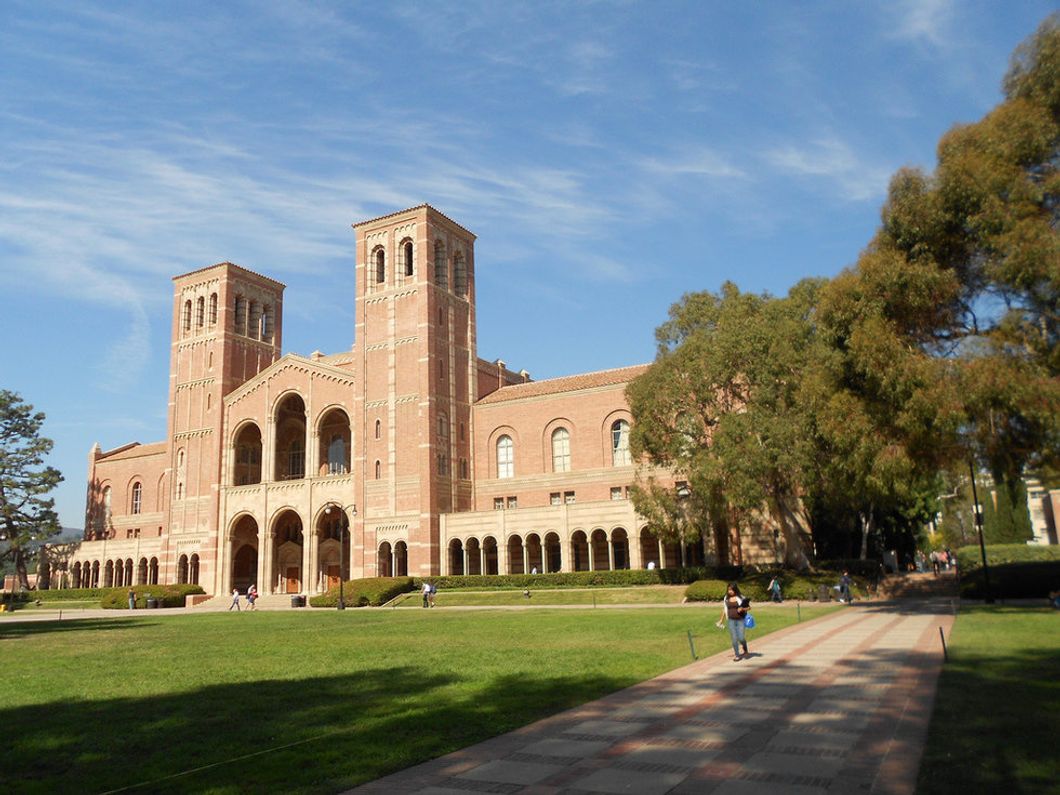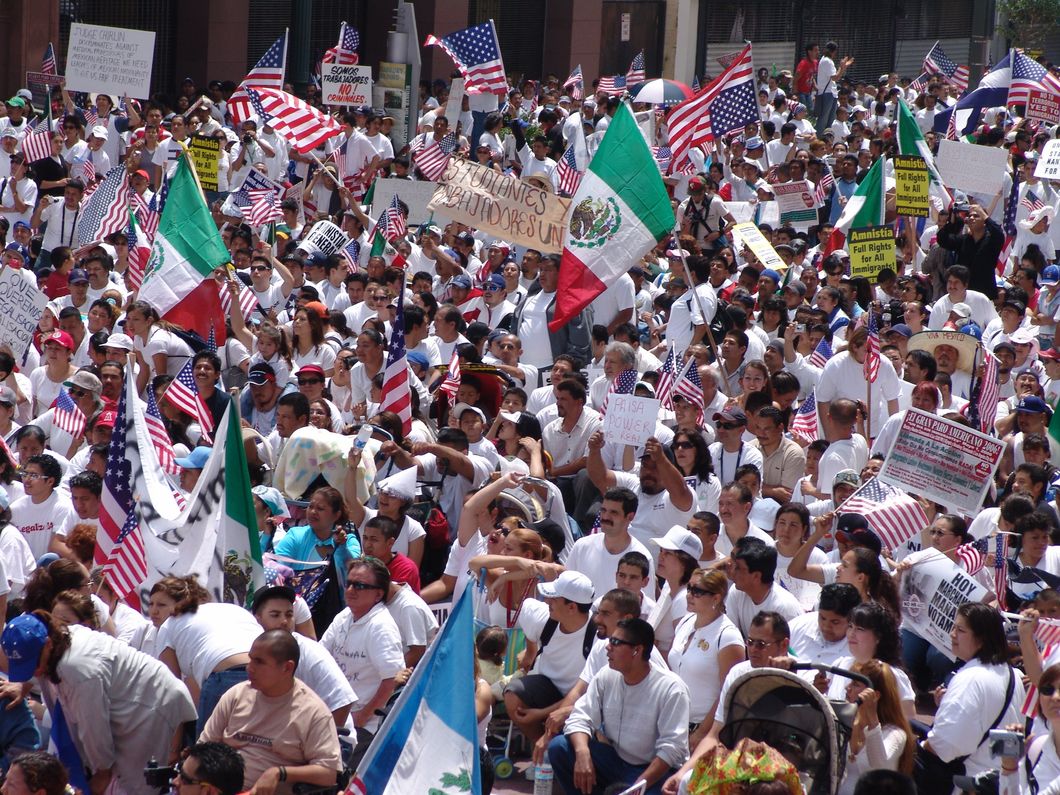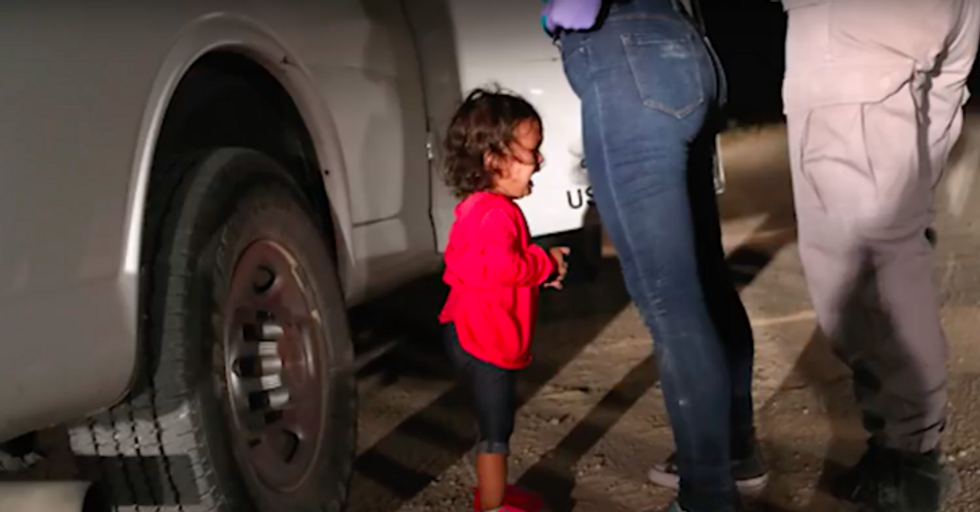How Apartheid And The U.S. Government Have Deprived Children Of Quality Education
A perspective on the striking similarity between past Apartheid and current U.S. education policies in regards to access to education.
When visiting the Hector Pieterson Museum, which explains the history of the Soweto Student Uprisings in 1976, and walking the trail the Black students walked protesting Afrikaans in their schools, I learned about the importance of education, especially in how it affects the success of students. To elaborate, the Afrikaans Medium Decree passed in 1974 mandated that all students in Black schools in White areas were to be taught their school subjects in English and Afrikaans (50-50 basis). While science and practical subjects would be taught in English, Science, Arithmetic, and Mathematics would be taught in Afrikaans (Boddy-Evans). As I read in the museum, this was an outrage to the teachers and the students, as many of the teachers did not speak Afrikaans, and the students could not understand Afrikaans. This change, as a result, caused many Black students to fail their matric exams, preventing them from graduating, and therefore hindering their success. This, in effect, was the main motivator in the Soweto Student Uprisings and demonstrates how important education policy is, especially when it affects the future of students.
This experience at the museum in Soweto reminded me of the recent news that the U.S. will now cancel English classes, as well as extracurricular activities, for migrant children in detention centers along the U.S. southern border, due to funding purposes (Jordan). This irritated me extremely, as not only does this unconstitutional policy decision prevent these children from receiving quality education, especially with English, but it also drastically affects the future of these children. This also violates the Flores Settlement (1997), which set the standard for the treatment of migrant children (Jordan). Furthermore, as English is one of the main and important languages that is spoken around the world, it would be most beneficial for the migrant children to learn the language; taking this previously-existing opportunity only detriments their economic opportunities. Therefore, this reminded me of my visit to the Hector Pieterson museum and walk along the path because of how, in both cases, the national government implemented policy that deprived children of vulnerable populations from receiving a quality and fair education, which directly impacts their knowledge, as well as economic opportunities they will have in life.
References
Boddy-Evans, Alistair. "The Afrikaans Medium Decree." ThoughtCo, DotDash, 1 Mar. 2019, www.thoughtco.com/the-afrikaans-medium-decree-43416.
Jordan, Miriam. "Migrant Children May Lose School, Sports and Legal Aid as Shelters Swell." The New York Times, 5 June 2019, www.nytimes.com/2019/06/05/us/migrant-children-services.html.

























